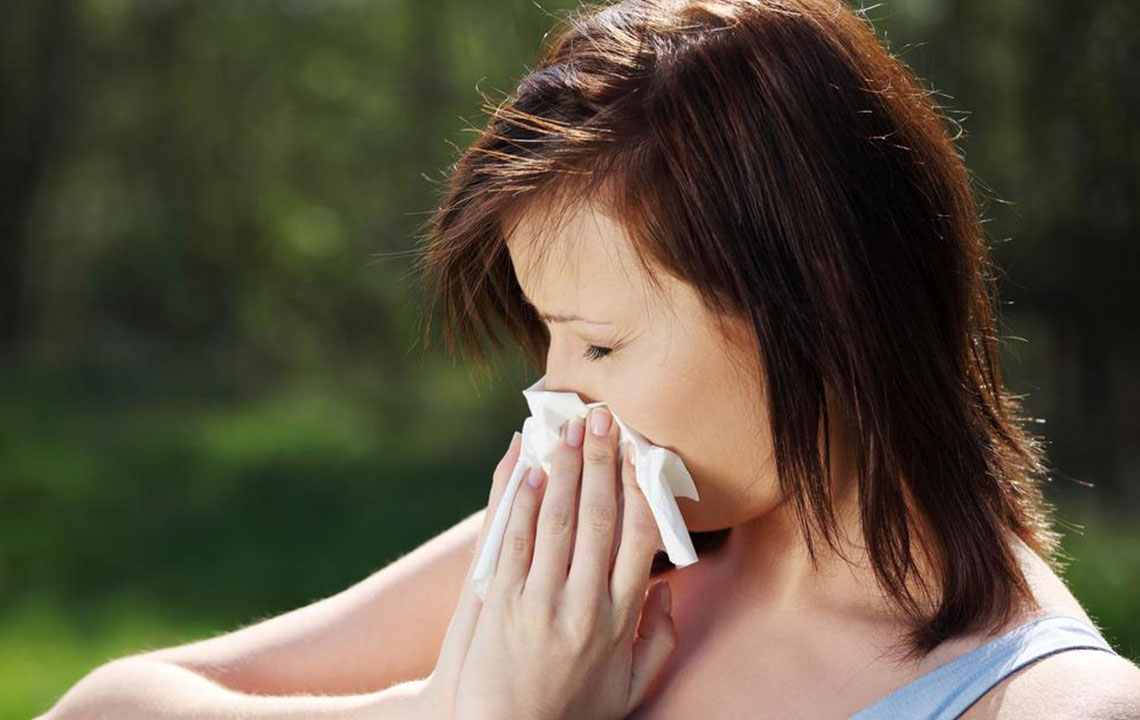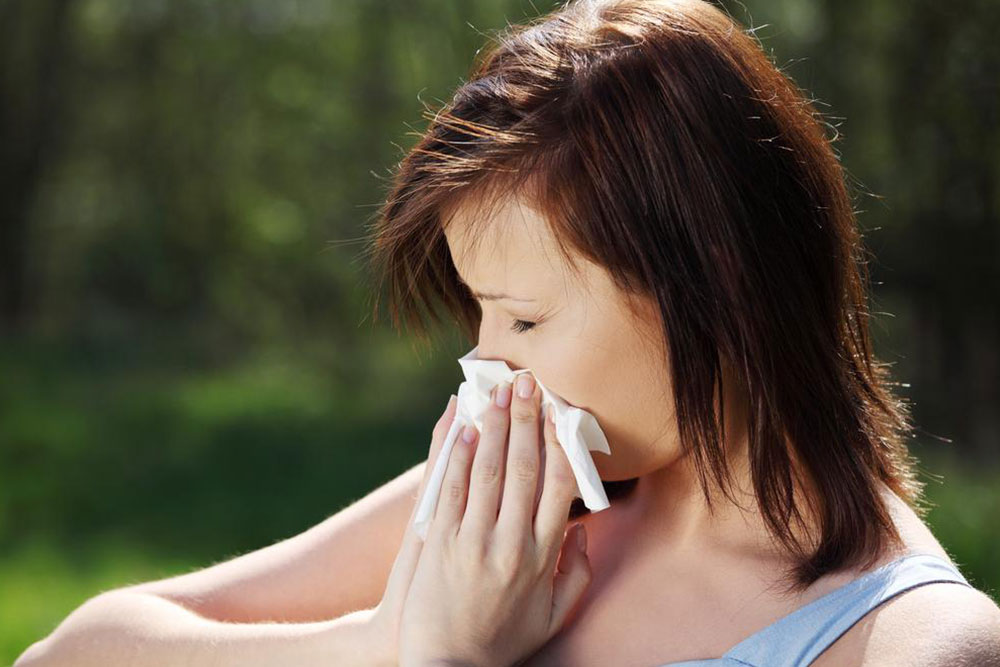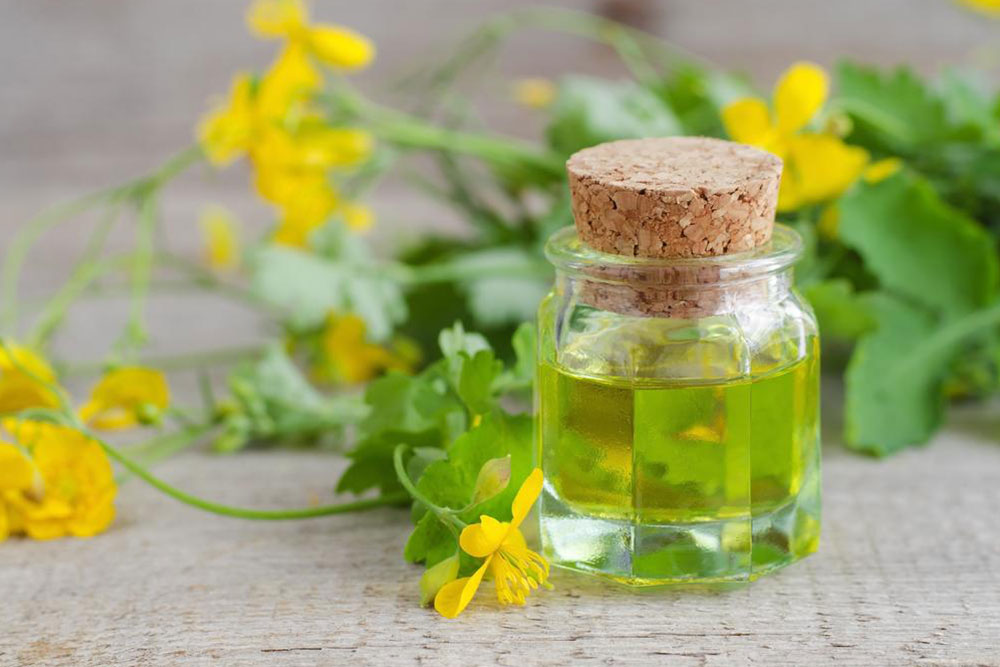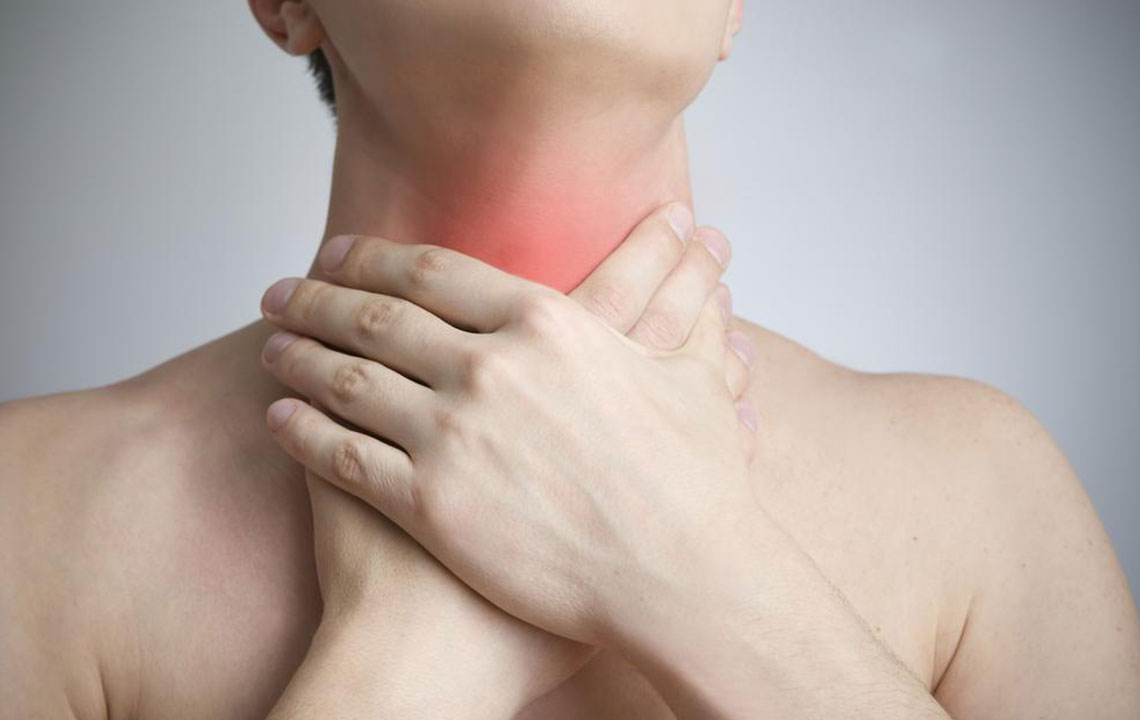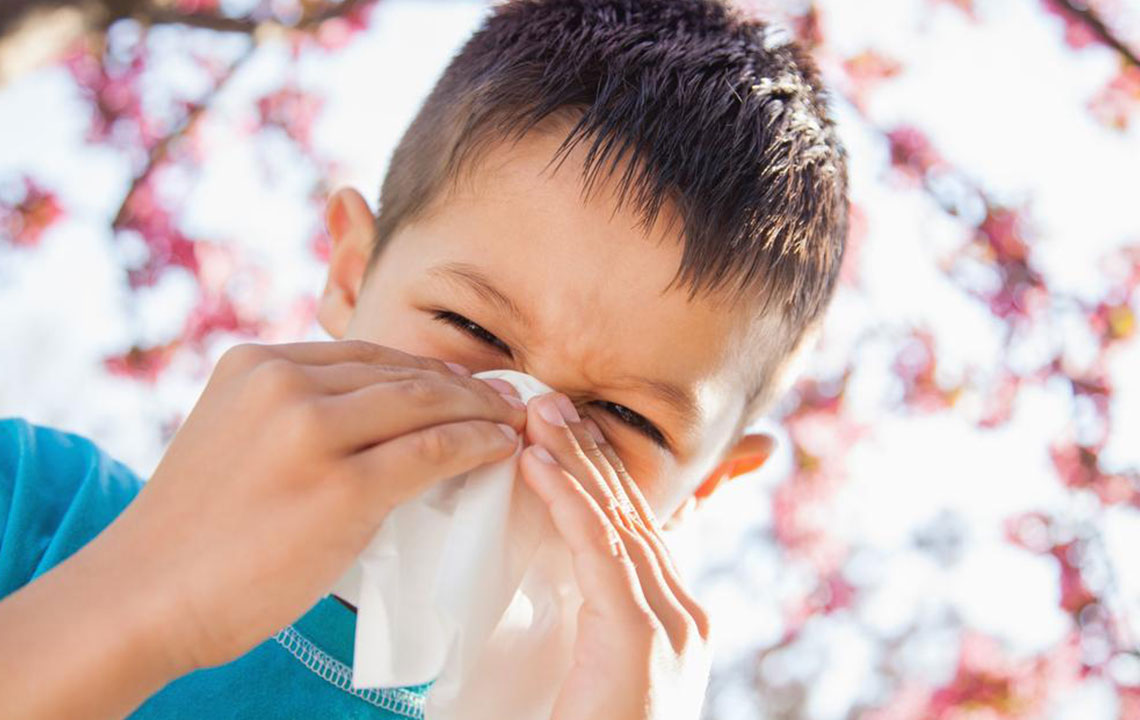Effective Strategies to Prevent and Manage Mold Allergy Symptoms
Learn effective methods to prevent and manage mold allergy symptoms, including environmental control, hygiene practices, and natural remedies to improve quality of life. Stay safe by minimizing exposure and using simple home strategies.
Sponsored
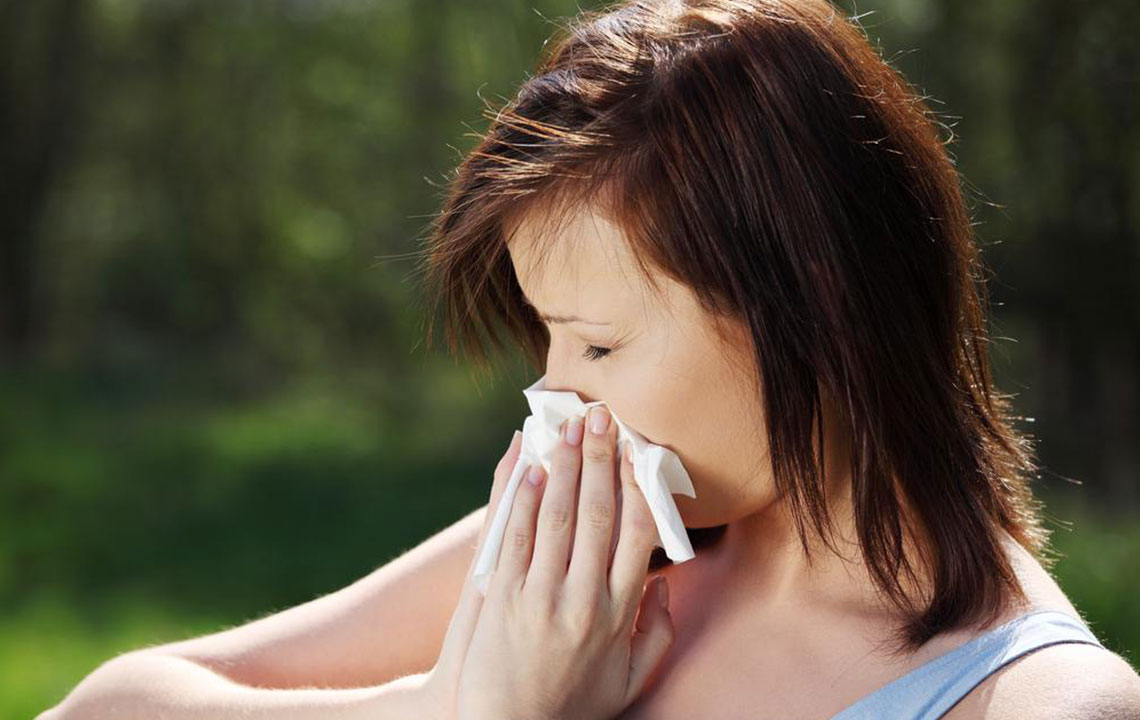
Mold and mildew are fungi that produce airborne spores, especially during dry, windy conditions, or humid weather such as fog or dew. Breathing in these spores can trigger allergic reactions, causing symptoms like itchy eyes, coughing, and congestion. In individuals with asthma, mold spores may worsen breathing difficulties. Symptoms like sneezing, runny nose, skin scaling, and chest congestion are common. To reduce mold allergy symptoms, limit exposure indoors and outdoors, control indoor humidity below 50%, ensure proper ventilation in bathrooms and kitchens, and store items in airtight containers. Cleaning mold from surfaces with bleach and repairing leaks prevent growth. Natural remedies like vitamin C, garlic, omega-3 rich fish, and herbal oils may also help. Always consult a doctor before taking supplements.


